SUMMARY
This is AI generated summarization, which may have errors. For context, always refer to the full article.
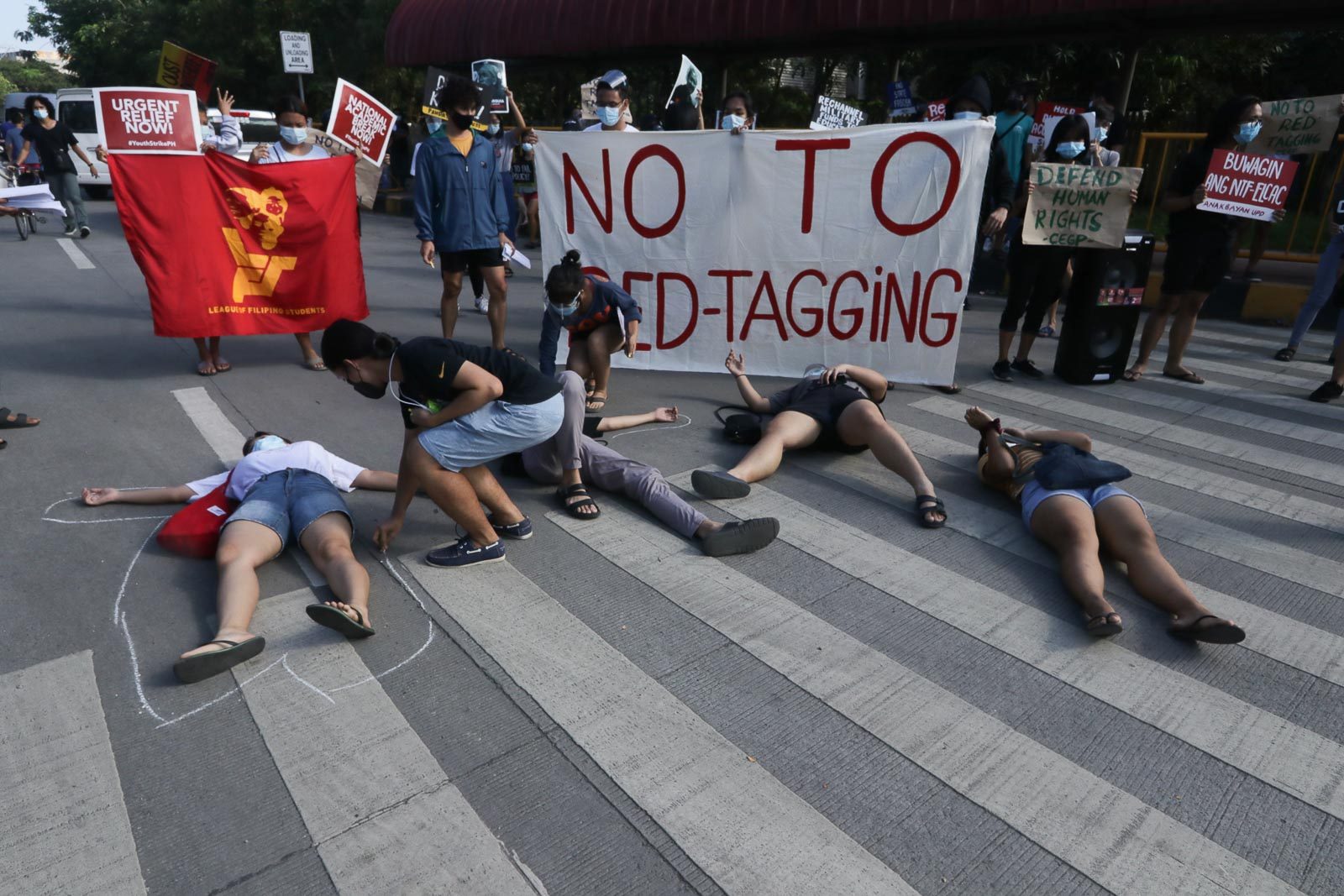
Several church groups have called for the passage of the anti-red tagging bill, even as the government intensified its crackdown on activists and people’s organizations, including faith-based personalities.
In a Facebook post on March 31, Caritas Philippines, social arm of the Catholic Bishops’ Conference of the Philippines, urged an end to “the deadly practice of red-tagging,” which had affected the work of “institutions that have been serving communities that are most vulnerable to both natural and human-induced hazards.”
“As the country juggles multiple crises that do not seem to be ending any time soon–including what’s to come as effects of climate change are expected to worsen in the coming years–the local humanitarian and development workers are faced with threats coming from escalating violence on the ground,” Caritas Philippines said.
On March 24, Senator Franklin Drilon filed Senate Bill 2121 to protect activists who may be unfairly targeted by the government for their links to activist or progressive groups as part of their anti-communist insurgency campaign.
The bill defined “red-tagging” and penalized any state actor – including law enforcement agents and military officers – “who labels, vilifies, brands, names, accuses, harasses, persecutes, stereotypes, or caricatures individuals, groups, or organizations as state enemies, left-leaning, subversives, communists, or terrorists as a part of a counter-insurgency or anti-terrorism program or strategy.”
San Carlos Bishop Gerardo Alminaza, whose diocese in Northern Negros saw a recent spate of activist killings under the police and military’s Oplan Sauron, also welcomed the bill.
“The bill would hopefully restore a healthy democracy that should allow space for dissenting voices and critics,” Alminaza was quoted by UCA News, an independent Catholic news agency.
Protestans back bill
The National Council of Churches in the Philippines, which had also been red-tagged by the military, expressed support for the proposed measure.
“Initiatives like Senator Drilon’s bill should be encouraged and supported especially in a context where human rights are attacked, and fear and insecurity constantly loom. The dangerous practice of red-tagging has victimized various organizations and individuals. We hope our lawmakers treat this bill as a very urgent piece of legislation,” said Bishop Reuel Norman Marigza, NCCP general secretary, in a statement on March 26.
The NCCP, which is composed of 10 mainline Protestant and non-Roman Catholic churches, noted that their member-churches have also not been exempt from the government’s red-tagging.
“Red-tagging churches and church-people violate our right to the exercise of the freedom of religion and to the exercise of ministries in furtherance of our religious beliefs. Any such practices that red-tags and vilifies legitimate ministries subvert the majesty of democratic governance,” Marigza said.
Just last Sunday, March 28, the state-run Philippine News Agency reported that the Anti-Money Laundering Council had frozen 3 bank accounts of Haran Center, a sanctuary for displaced Lumads operated by the United Church of Christ in the Philippines’ (UCCP) in Davao City, for “terrorism financing.”
Bishop Hamuel Tequis, head of the UCCP’s Southern Mindanao jurisdiction where Haran Center is located, said he was “dismayed by the accusation” that they were supporting terrorist activities. The UCCP is a member-church of the NCCP.
“Our Church has declared in 1990 that all places and properties are sanctuaries of peace. Having the Lumads is carrying out the mission of the Church to serve the marginalized,” Tequis told independent news outlet Davao Today. – Rappler.com
Add a comment
How does this make you feel?
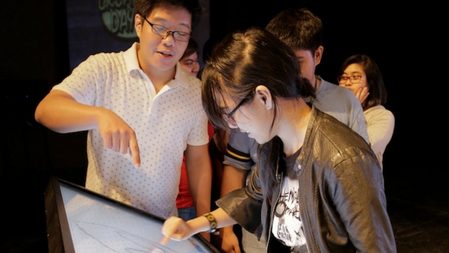
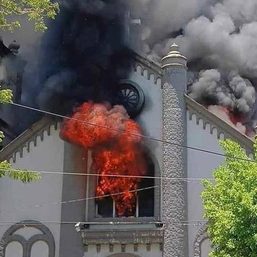
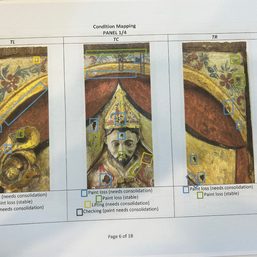
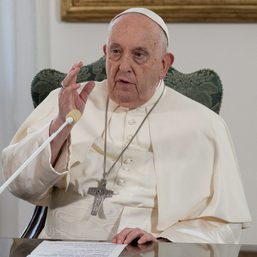


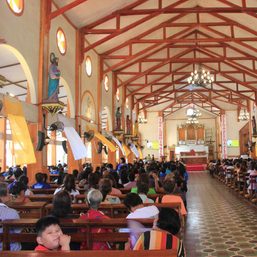
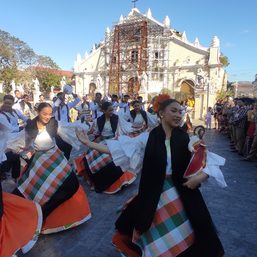
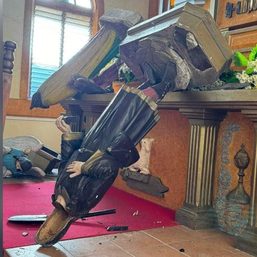
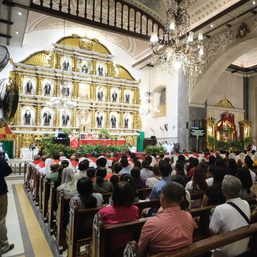



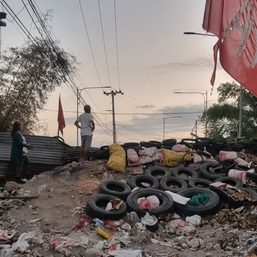

There are no comments yet. Add your comment to start the conversation.